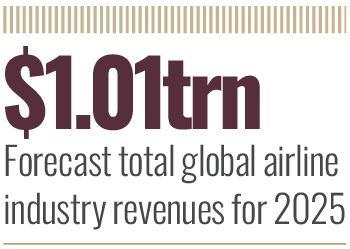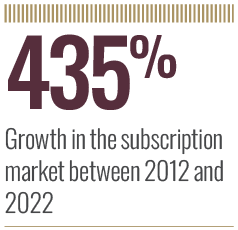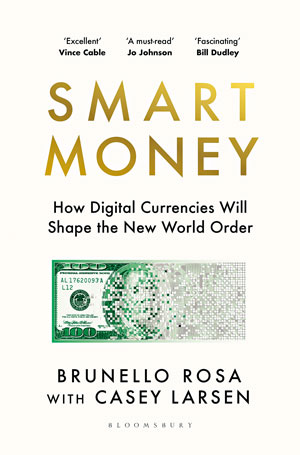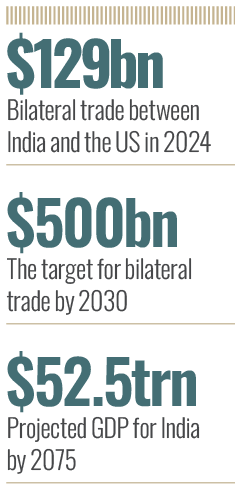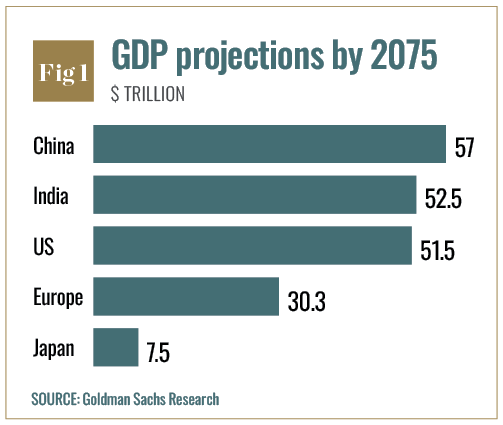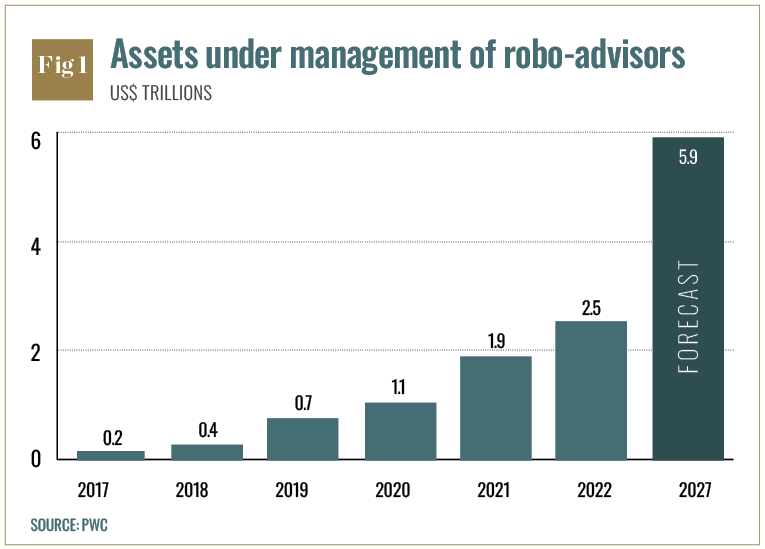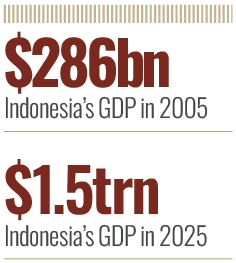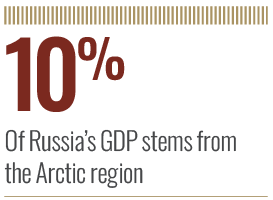Until recently, the chances of a company suffering any lasting damage due to a deliberate misinformation campaign were so low as to not even be included on the corporate risk register. But not anymore. Now, companies can see their share value nosedive overnight if a lie gains enough traction that customers boycott a company’s products and services over fabricated fears that they are unsafe, are made unethically, are of poor quality, or even linked to extremist groups.
The seriousness of the spread of false information should not be downplayed. The World Economic Forum’s (WEF) latest Global Risks Report cites government misinformation and disinformation as one of the key leading short-term risks that could fuel instability and undermine trust in authority. But it also warns that this growing trend could have a negative impact on corporates: for example, misinformation and disinformation around some industries could stifle growth and sales. For sectors like biotech, this is a serious problem, with biohackers and other non-medical professionals touting ‘unproven’ health remedies or performance-enhancing procedures and slamming ones that actually work, are regulated and are safe.
Furthermore, the WEF warns that some governments may foment aggressive misinformation and disinformation campaigns about goods and services from targeted countries, hardening public perception that could lead to more frequent consumer boycotts of products – hardly a welcome development in an era of increased geopolitical tension that has already spilled over into trade wars and spiralling tariffs. AI could exacerbate consumer boycotts further, it warns, as algorithms programmed to highlight trending or popular content could prioritise reader engagement over accuracy and unintentionally promote misinformation in the process.
Deliberate deception has the potential to destabilise or create financial or reputational damage
Unfortunately, companies can’t necessarily count on the law to correct falsehoods, remedy reputational damage, or regain financial loss, as it is supremely difficult to hold any person or company to account for spreading misinformation via the internet or social media sites. In the US, for example, online platforms are immune from civil liability for content provided by their users under Section 230 of the US Communications Decency Act. It also shields them from moderation activities that they undertake in good faith to remove certain content. And pursuing defamation claims in the US – or anywhere else – to try to right wrongs and gain financial redress is another costly gamble that not many organisations can consider.
Deliberate sabotage
“At its worst, deliberate deception has the potential to destabilise or create financial or reputational damage,” says Ant Moore, a senior managing director in strategic communications at business consultancy FTI Consulting. “Where misinformation is often fuelled by false information (a doctored photograph or an impersonated voice, for example), disinformation is characterised by a more deliberate attempt at sabotage. In all cases, literacy around determining fake content isn’t always where it should be.”
There are a range of ways misinformation can threaten companies. Besides consumer boycotts, false narratives can quickly shape public perception and erode brand trust, leading to loss of investor confidence and reputational harm. It can also lead to disengaged and polarised workforces, resulting in employees leaving or refusing to join organisations they believe are misaligned with their values. Misinformation campaigns that target specific industries can also create increased legal and regulatory scrutiny as authorities, shareholders and stakeholders demand increased assurance.
Some high-profile companies have already experienced problems. In 2016 the sportswear company New Balance faced considerable backlash on social media after misinformation circulated that the brand was closely aligned with far-right movements. Similarly, in 2022 Eli Lilly’s stock price fell by 4.37 percent after a fake Twitter account impersonating the pharmaceutical brand falsely announced that insulin would be given away for free (as opposed to the $1,000 monthly pricetag it could cost some US citizens without health insurance at the time). In 2023 the CEO of brewer Anheuser-Busch InBev Michel Doukeris blamed misinformation on social media for stoking a conservative consumer boycott of Bud Light that saw sales drop by a quarter after the best-selling US beer was promoted by transgender influencer Dylan Mulvaney.
“When it comes to the risk posed to corporates, the only surprise is that this hadn’t come sooner,” says Chris Clarke, co-founder of strategic comms agency Fire on the Hill. “Companies have been operating in an increasingly complex and globally connected landscape, with new forms of media growing in prominence. It makes information impossible to control and makes identifying trustworthy information from reliable sources harder than ever.”
Clarke continued: “In the current information environment – chaotic, fragmented and lacking in trust – the ground is fertile for misinformation to go viral and bad actors to purposely spread misleading and false information. Whether those bad actors are foreign governments targeting the economic interests of other states, activist groups, or competitors, deploying strategies to mitigate risks should be a top priority.”
Get ahead of the spiral
Given the speed at which false stories can be created with AI and proliferate and spread on social media, experts say companies need to learn how to proactively monitor for malicious stories in real-time before they spiral out of control. The challenge, however, arises in how companies currently monitor for these sorts of malicious attacks. “Historically, communications and PR teams have focused their attentions on tracking comments and trends across mainstream social media such as X, Instagram or TikTok,” says Rebecca Jones, associate director of client accounts at business intelligence firm Sibylline. “However, that is not where these disinformation campaigns begin, and arguably, by the time disinformation hits these sites, the issue has already gone viral and you are in crisis.”
You need to build a strong community of fans who love and support your brand
More often than not, says Jones, disinformation begins on alternative social sites, where the audience is more likely to react to a story that may seem a little unbelievable, but which triggers emotions: indeed, an issue can sit in this ecosystem slowly being refined and gathering momentum over the course of hours, days or even weeks before it migrates to mainstream and goes viral. Monitoring these sites for potential threats can be a game changer, as it can help teams to get ahead of a potential crisis before it takes place.
“Even if it can’t be stopped – which is usually the case – hopefully such an early warning mechanism enables teams to have a plan of action in place for when it does hit the mainstream: your executives are prepped, the press team is ready to respond, and perhaps you have even taken steps to pre-bunk the story,” says Jones.
Chris Walker, managing director of Be The Best Communications, says companies should make sure they control their own narrative. “Facts are more impressive than fiction. Gather your evidence which disproves the claim and which highlights your organisation’s commitment to doing the right thing,” he says. Companies should also challenge the source of fake news to reveal what evidence they have to back up their claim: if they can’t ‘put up,’ they may ‘shut up.’
Alice Regester, Co-founder and CEO at specialist communications agency 33Seconds, agrees that it is increasingly important for companies to control and have access to channels of communication to quickly debunk falsehoods. “The value of information companies are sharing via their owned channels is increasingly important,” she says, adding that this is a good way to “ensure they are building a voice of trust and authenticity on both websites and blogs, as well as social media channels, so consumers know they can come directly to the brand for the truth.”
Collaborate and amplify
Having friends is also a very useful weapon to deflect malicious claims, say experts: it can certainly pay for companies to identify potential spokespeople outside of their organisations who can be called upon to help push back against false narratives. Businesses can collaborate with customers, fact-checking organisations, consumer advocacy groups, and trusted media to amplify credible information. Building an influencer programme can also be a good way for companies to protect themselves, says Adam Blacker, PR director at website hosting information site HostingAdvice.com. “It is really hard to do everything yourself. You need to build a strong community of fans who love and support your brand. They in turn become brand ambassadors,” he says. So-called ‘social listening’ tools – essentially, software applications that companies can use to continuously scan social media sites for mentions of their name, brands, and industry trends – are also fast becoming critical solutions. By analysing conversations in real time, companies have the advantage of being able to verify and fact-check claims early enough to take action.
Andy Grayland, CISO at threat intelligence tech company Silobreaker, says traditional crisis management approaches are no longer sufficient – companies must transition from reactive damage control to proactive defence.
“Cyber threat intelligence (CTI) solutions provide that necessary early-warning system. By continuously monitoring brand-related risks across open-source intelligence (OSINT), including news sites, forums, social media, and the deep web, organisations can detect and neutralise threats before they escalate,” says Grayland. “AI-powered tools are now essential for cutting through the noise, identifying real risks, and flagging coordinated disinformation campaigns before they gain traction,” he adds.
As an example, such monitoring would detect and alert a pharmaceutical company if an anti-vaccine movement that normally averages 50 mentions of a particular drug brand a day suddenly increases that number to 500. By tracking the influencers behind these kinds of movements in real-time and identifying shifts in narratives relating to a company or brand, companies have a better chance of either engaging strategically or correcting the narrative.
Early detection translates into real business value, says Grayland. “With real-time visibility into emerging threats, businesses can mitigate financial losses, prevent reputational crises, and stay ahead of regulatory and shareholder concerns. In a world where disinformation spreads at the speed of social media, CTI tools provide the radar and response capabilities needed to protect brand integrity and the bottom line,” Grayland says.
While experts say that misinformation and disinformation are hardly new challenges, they add that their impact on companies has become far more acute – thanks to the scale and speed at which they can spread. “Businesses have always been vulnerable to false narratives, but the digital age and AI has turbocharged that risk,” says Ryan McSharry, crisis specialist at international PR agency Infinite. The difference now, he says, is the sheer volume and immediacy with which misinformation can erode trust and disrupt markets, making it a much more potent threat to a company’s reputation.
“The question isn’t whether companies should be concerned – it is how they should be responding,” McSharry warns.

